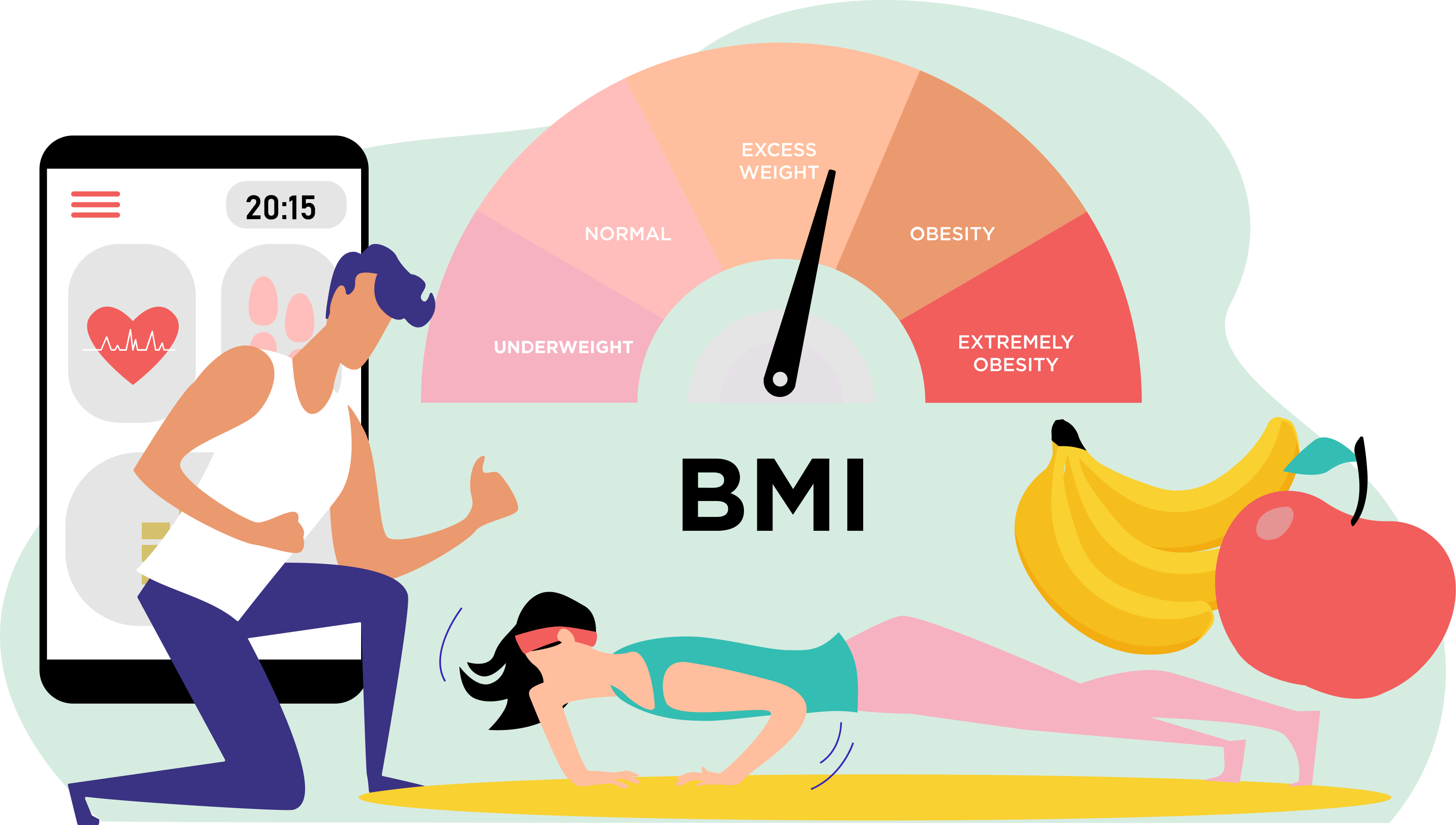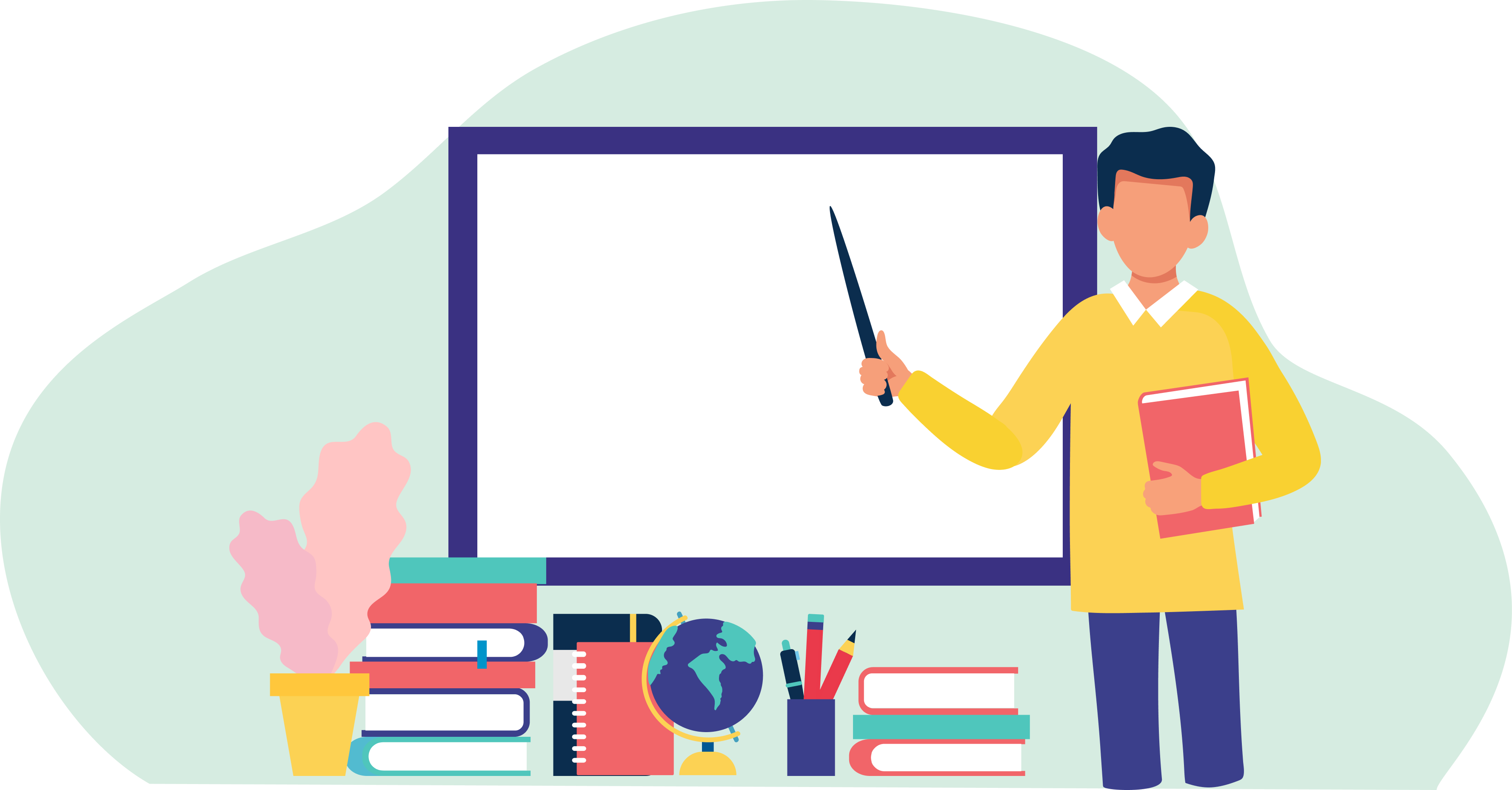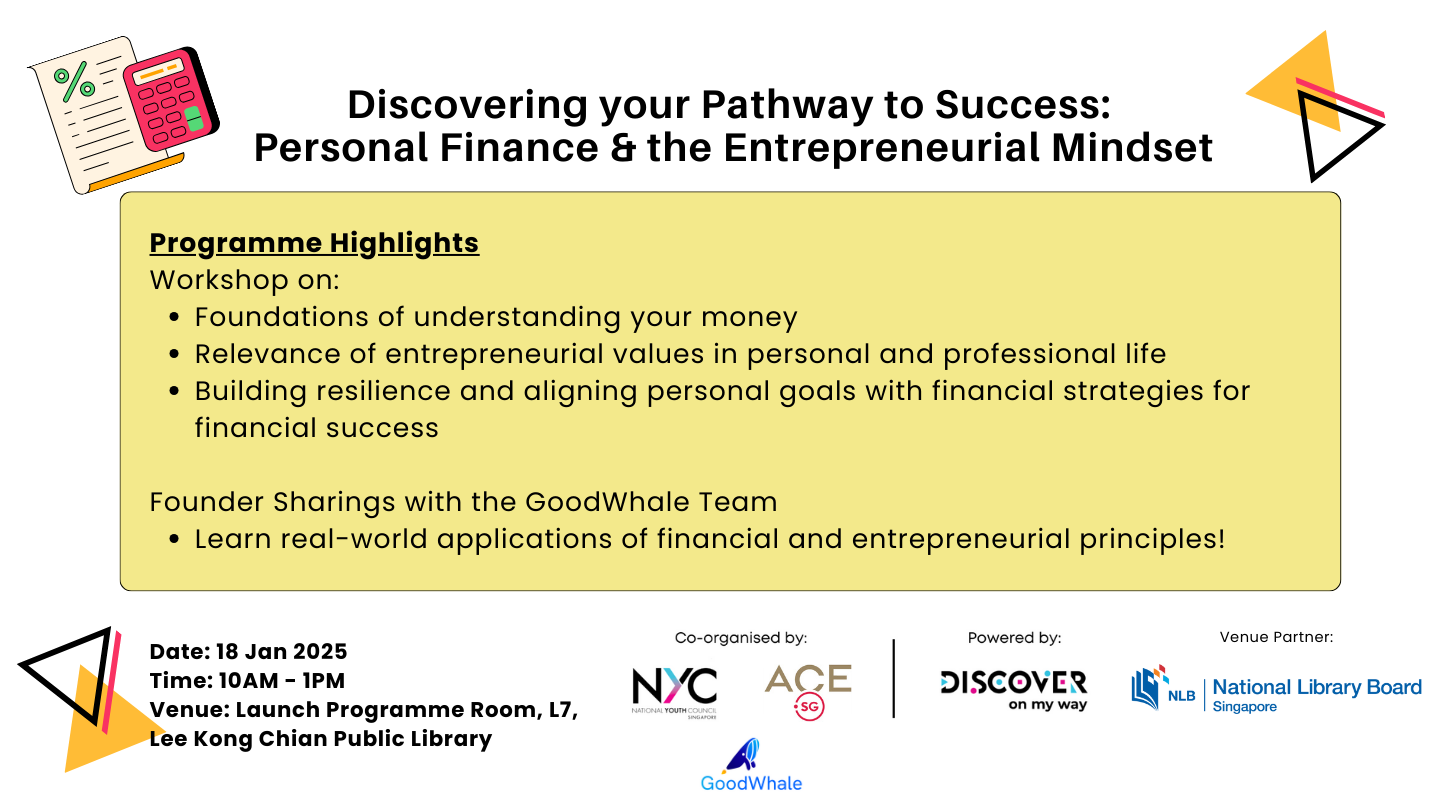
Coaches plan, organise, and teach a group of people the skills of a sport. They are also in charge of training Athletes to achieve their fullest potential.
Coach Job Description
- Teach relevant techniques and tactics aligned with their personal goals and the team's objectives.
- Provide encouragement and constructive feedback to foster an environment of growth, resilience, and continuous improvement for all Athletes.
- Analyse the performance of Athletes during training and competitive events.
- Advise Athletes about health and lifestyle, including nutrition, rest, recovery practices, and mental well-being.
- Identify the strengths and weaknesses of Athletes to tailor training approaches and set goals.
- Plan and develop training programmes to match the Athletes' development stages and performance goals.
- Carry out administrative tasks, including scheduling, record keeping, and the effective coordination of competitions and events.
Note
Coaches usually work irregular hours which include evenings, weekends, and even during the holidays. During the sports season, coaches may sometimes have to work for over 40 hours a week!
What you should know about Coach jobs in Singapore
Nature of Work
As Coaches, you are responsible for the safety and well-being of the Athlete(s) under your supervision during practices as well as competitions.Key Advice
You must be very patient when coaching, and you have to be willing to work with various types of personalities, as every Athlete is different.-
Entry RequirementsEntry Requirements
- Minimally a diploma in Sports Coaching.
- Republic Polytechnic and Nanyang Polytechnic offer Diplomas in Sports Coaching as well as Sports & Wellness Management, respectively. You can also enrol in a Diploma in Sport and Exercise Sciences offered by the PSB Academy.
- You can also search online for reputable Coaching Schools and enrol yourself in Coaching programmes that have been accredited by the International Coach Federation (ICF). This will earn you a Coaching Certification, increase your credibility, and allow you to build a good reputation!
-
Possible PathwayPossible Pathway

Skills you need to pursue a Coach career in Singapore
 Hard Skills
Hard Skills
First Aid Skills
To ensure the immediate safety and care of Athletes during training or competitions.Physical Fitness
To demonstrate techniques effectively, inspire Athletes, and understand the physical demands of the sport.Knowledge in Sports
For providing accurate training, guidance, and feedback to Athletes.Communication
Involve conveying instructions, providing constructive feedback, and motivating Athletes.Decisive
Making quick and confident decisions that can affect the outcome of training sessions and competitions.Adaptability
To adjust training methods and strategies in response to different Athletes' needs.Related Job Roles
Explore Other Programmes
Browse AllYou have bookmarked your first item!
Find it in My Discoveries with insights on your interests!



